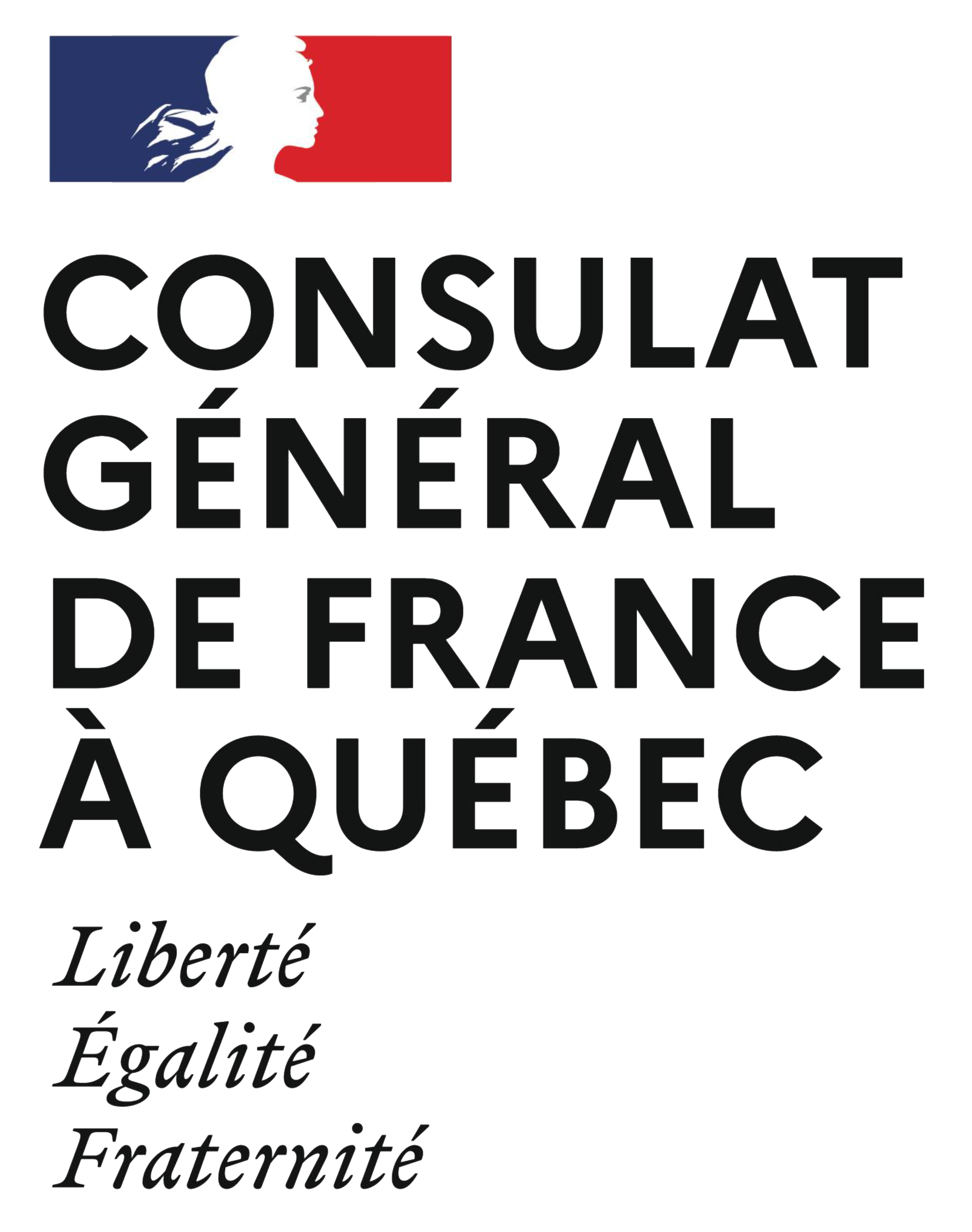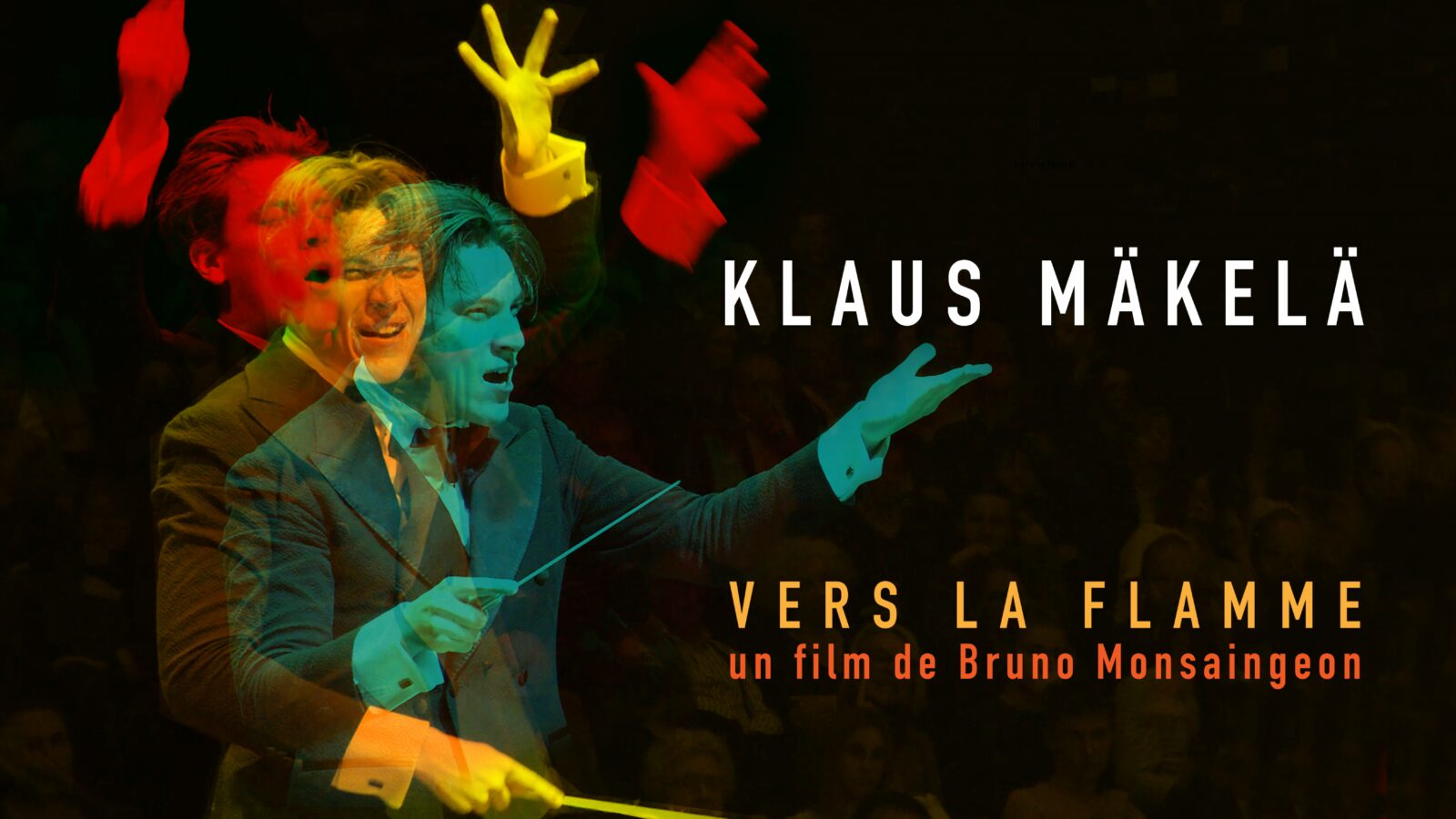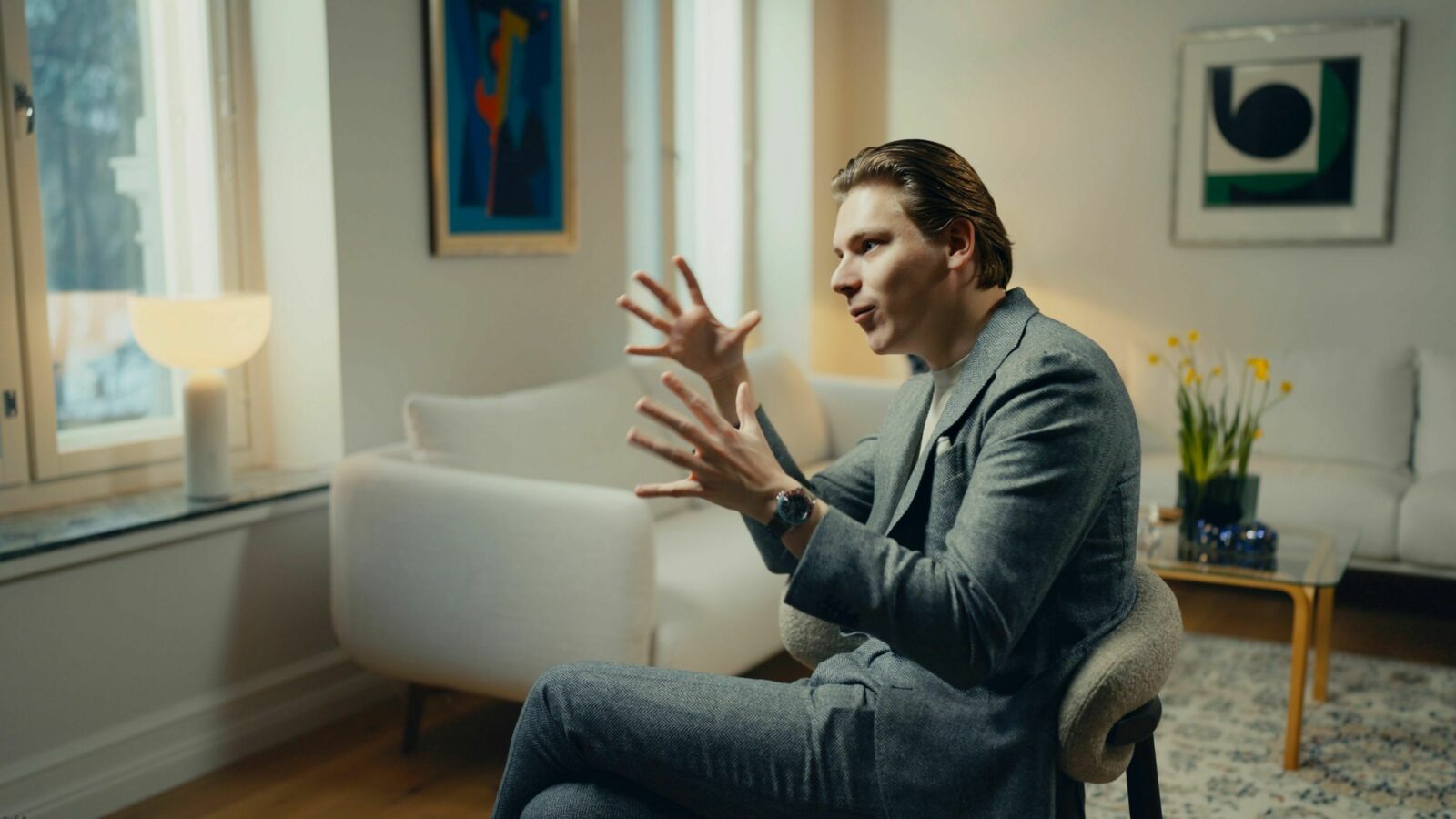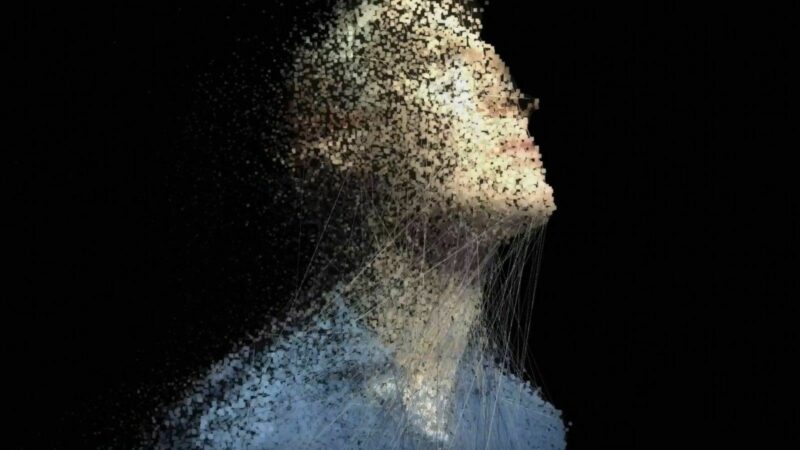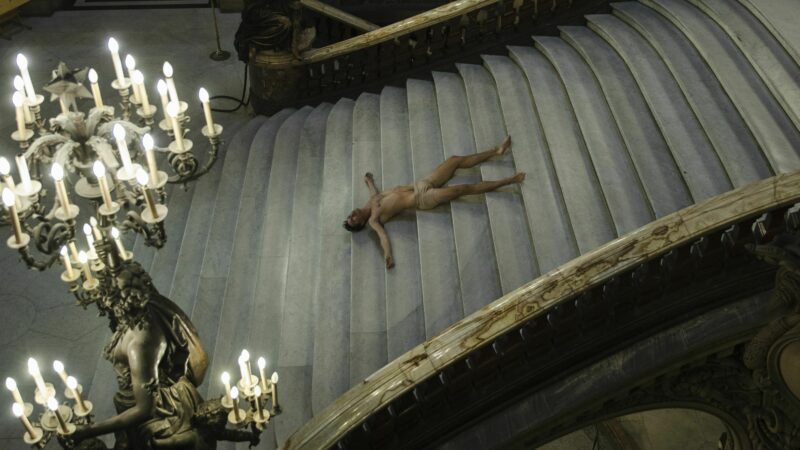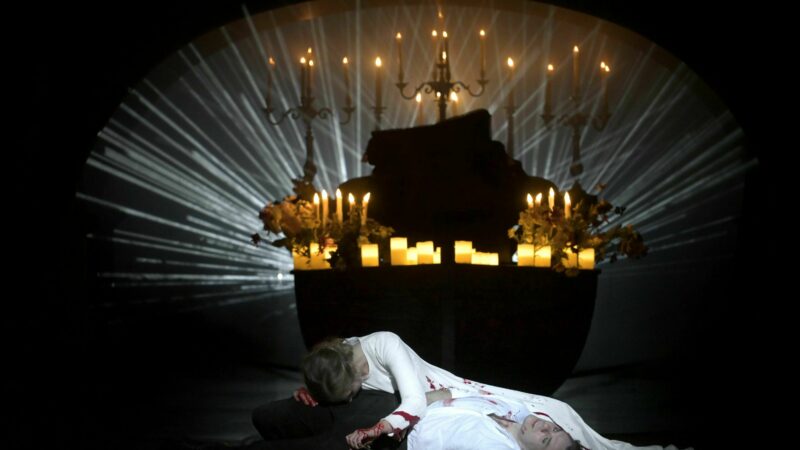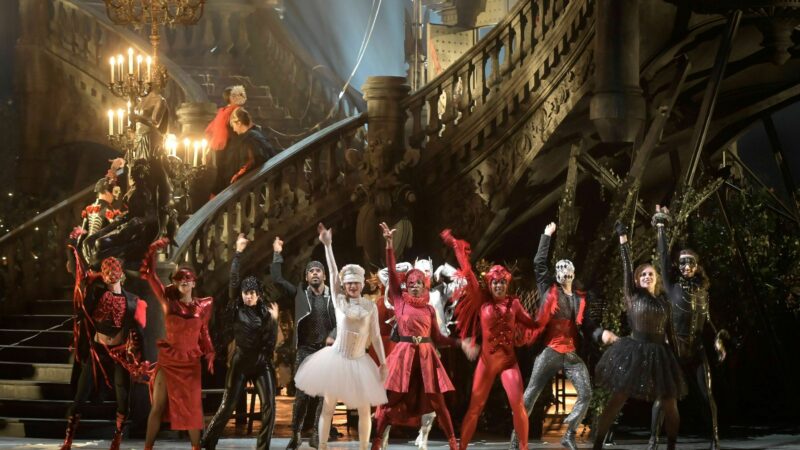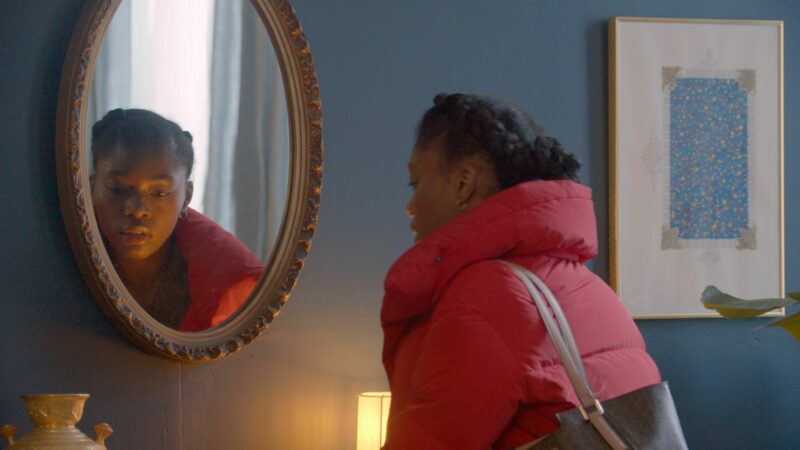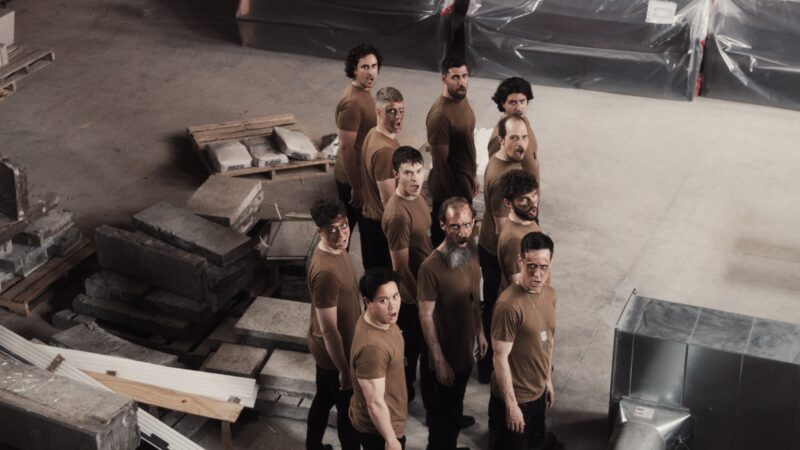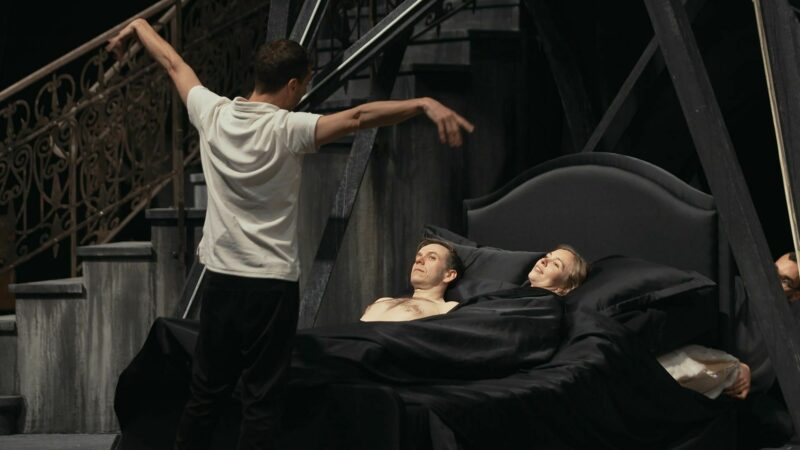
 Trailer
Trailer
This portrait explores all the talents of maestro Klaus Mäkelä, unveiling the face of a virtuoso whose impact on the 21st century is already anticipated, even as his career is just beginning… More than just a subject of study, Mäkelä takes an active role in this documentary, engaging in interviews and providing us with an invaluable glimpse into his vision of music.
Word of direction
An open, luminous character. Elegant, frugal and devoid of vanity. But his ardor, his extreme professionalism, his efficiency and his dedication to music mean that he sweeps everything along in his path: the scores he plays, the orchestras he leads and the audiences he captivates.
I set out to create an in-depth portrait of a great conductor, miraculously young and loving music with all the freshness of youth.
He took over the reins of the Oslo Philharmonic Orchestra at the age of 22, has been Music Director of the Orchestre de Paris for 4 years now (he’s now 28!), while he’s also the constant partner of the Amsterdam Concertgebouw Orchestra (we followed him to all three cities); Berlin, Chicago, Vienna are snapping him up. Young people flock to his concerts (we’ve followed his meteoric rise from an early age).
Vers la flamme is the title of the film. It could just as easily have been called Trois orchestres et un avènement!
Wouldn’t Klaus Mäkelä simply be the greatest conductor of the 20th century?
- Bruno Monsaingeon
Word of direction
An open, luminous character. Elegant, frugal and devoid of vanity. But his ardor, his extreme professionalism, his efficiency and his dedication to music mean that he sweeps everything along in his path: the scores he plays, the orchestras he leads and the audiences he captivates.
I set out to create an in-depth portrait of a great conductor, miraculously young and loving music with all the freshness of youth.
He took over the reins of the Oslo Philharmonic Orchestra at the age of 22, has been Music Director of the Orchestre de Paris for 4 years now (he’s now 28!), while he’s also the constant partner of the Amsterdam Concertgebouw Orchestra (we followed him to all three cities); Berlin, Chicago, Vienna are snapping him up. Young people flock to his concerts (we’ve followed his meteoric rise from an early age).
Vers la flamme is the title of the film. It could just as easily have been called Trois orchestres et un avènement!
Wouldn’t Klaus Mäkelä simply be the greatest conductor of the 20th century?
- Bruno Monsaingeon
Other festival:
Journées Internationales du Film sur l’Art, France (2024)
Journées Internationales du Film sur l’Art, France (2024)
| Director | Bruno Monsaingeon |
| Director of Photography | Roland Clède, Hadrien Perrot |
| Editing | Svetlana Vaynblat |
| Colorization | Alexandra Pocquet |
| Sound Design | Timothée Alazraki, Dorian Seyller |
Sessions
• Cinéma du Musée - Auditorium Maxwell-Cummings
Friday, march 22, 2024, 06:15 p.m. — 07:30 p.m.
• Musée national des beaux-arts du Québec - Auditorium Sandra et Alain Bouchard du Pavillon Pierre Lassonde
Sunday, march 24, 2024, 01:30 p.m. — 02:45 p.m.


Production
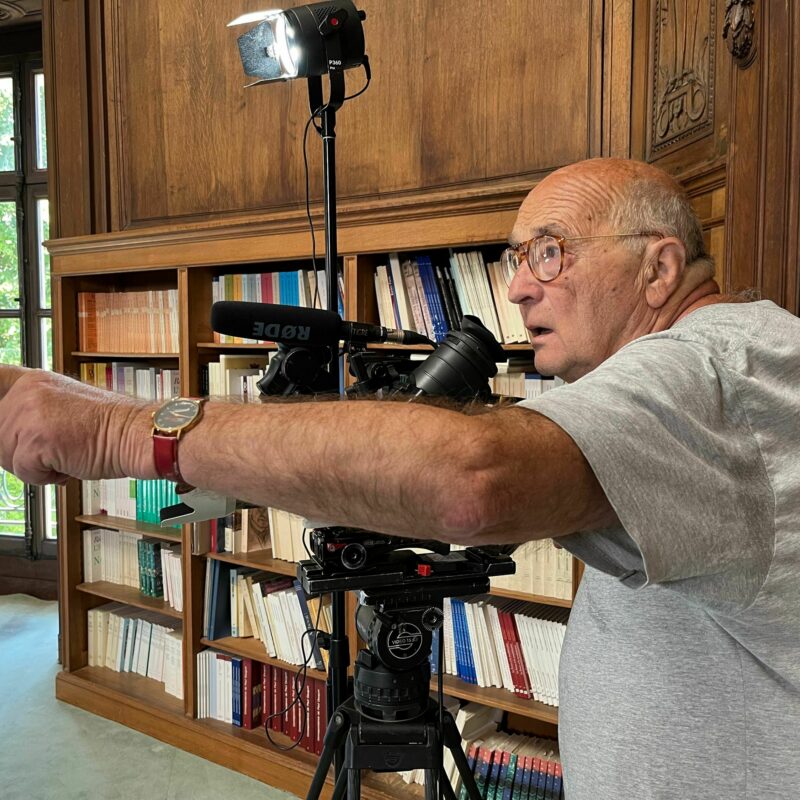
Bruno Monsaingeon
For over forty years, Paris-based violinist, writer and film director Bruno Monsaingeon has devoted his time to making films on music and musicians. His portraits of the most prominent musicians of our time (Yehudi Menuhin, Glenn Gould, Sviatoslav Richter, David Oistrakh, Dietrich Fischer-Dieskau) have won him an international audience. He has also focused on talented young artists from their very beginnings, including Piotr Anderszewski (“Piotr Anderszewski, Unquiet traveller”), Valeriy Sokolov (“Valery Sokolov, natural-born fiddler), David Fray (“David Fray, Swing, Sing and Think) and, for his 100th film, on the conductor Klaus Mäkelä (“Klaus Mäkelä – Towards the flame”).
He has also directed several films about the musical life in Soviet Russia, “The Art of the Violin”, as well as string quartets (with the Alban Berg Quartet, the Artemis Quartet and, most recently, the Arod Quartet). His most memorable productions include portraits of legendary performers such as “Yehudi Menuhin, The Violin of the Century”, “Richter, the Enigma”, “David Oïstrakh, Artist of the People?”, “Dietrich Fischer-Dieskau, Autumn Journey”, “Gennady Rojdestvensky, Conductor or conjuror ? “and “The Red Baton, scenes from musical life in Soviet Russia”, “Julia Varady – Song of passion”, “Glenn Gould, Hereafter”, “Grigori Sokolov at the Théâtre des Champs-Elysées”…
All his films have won prestigious awards at international festivals.
Bruno Monsaingeon is also the author of numerous books, the latest of which, “Filmer la musique — Conversations with Guillaume Monsaingeon”, was published in 2023 by the Philharmonie de Paris.
Biographical notes provided by the film production team
He has also directed several films about the musical life in Soviet Russia, “The Art of the Violin”, as well as string quartets (with the Alban Berg Quartet, the Artemis Quartet and, most recently, the Arod Quartet). His most memorable productions include portraits of legendary performers such as “Yehudi Menuhin, The Violin of the Century”, “Richter, the Enigma”, “David Oïstrakh, Artist of the People?”, “Dietrich Fischer-Dieskau, Autumn Journey”, “Gennady Rojdestvensky, Conductor or conjuror ? “and “The Red Baton, scenes from musical life in Soviet Russia”, “Julia Varady – Song of passion”, “Glenn Gould, Hereafter”, “Grigori Sokolov at the Théâtre des Champs-Elysées”…
All his films have won prestigious awards at international festivals.
Bruno Monsaingeon is also the author of numerous books, the latest of which, “Filmer la musique — Conversations with Guillaume Monsaingeon”, was published in 2023 by the Philharmonie de Paris.
Biographical notes provided by the film production team
Selected films:
Opus 73. Glenn Gould, au-delà du temps (2006)
Opus 44. Roméo et Juliette (1991)
Opus 47. Récital Schumann (1991)
Opus 41. Trio de Tchaïkovski (1989)
Opus 25. Concerto pour violon de Brahms (1982)
Opus 73. Glenn Gould, au-delà du temps (2006)
Opus 44. Roméo et Juliette (1991)
Opus 47. Récital Schumann (1991)
Opus 41. Trio de Tchaïkovski (1989)
Opus 25. Concerto pour violon de Brahms (1982)
In the same sessions
Cinéma du Musée - Auditorium Maxwell-Cummings
Friday, march 22, 2024, 06:15 p.m.


Musée national des beaux-arts du Québec - Auditorium Sandra et Alain Bouchard du Pavillon Pierre Lassonde
Sunday, march 24, 2024, 01:30 p.m.


You would like





